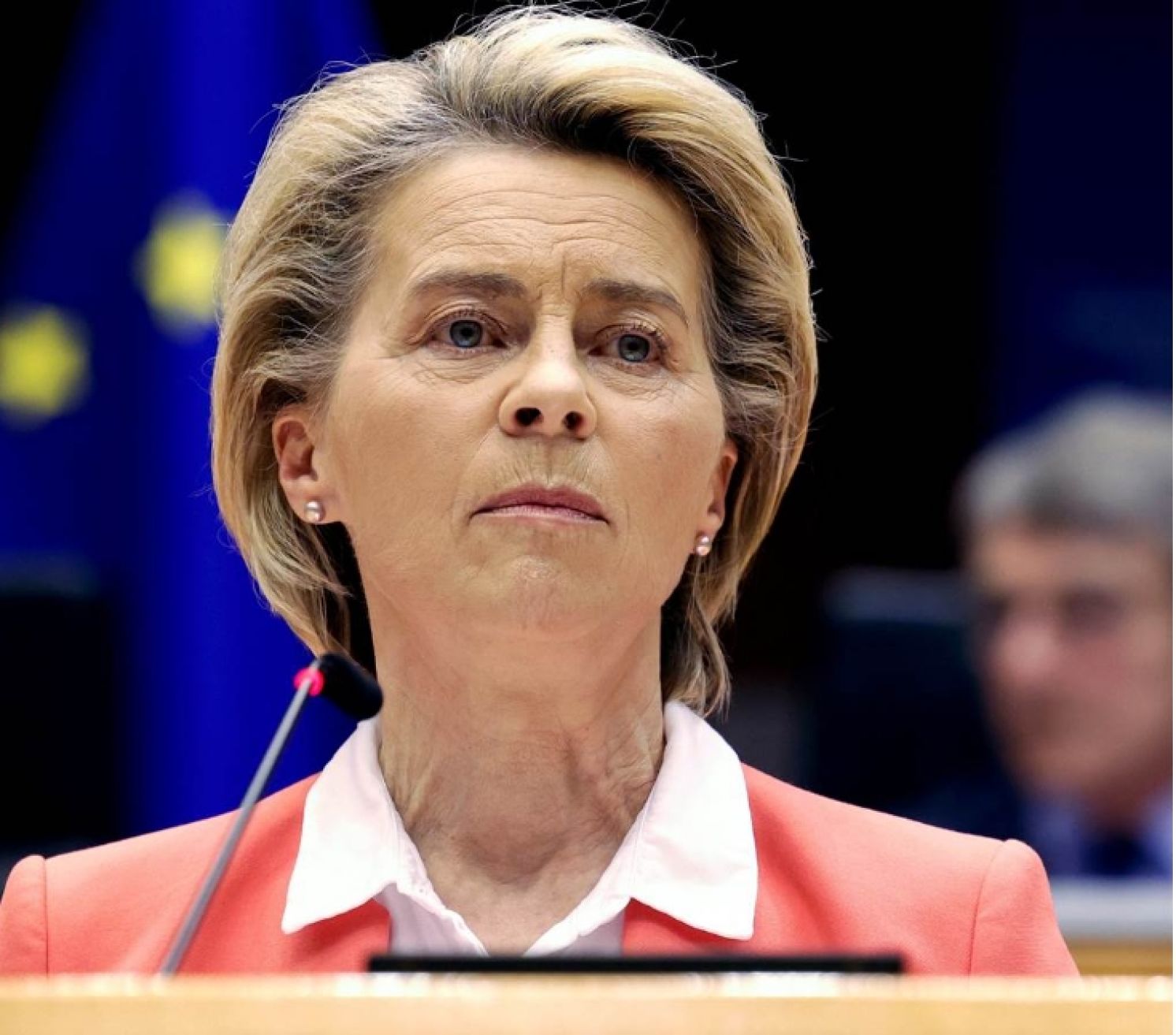
This Week in Taiwan 0402-0408
April 3: Wang Chih-huah, a division chief of the Taipei Economic and Cultural Office (TECO) in Sau Pulo, Brazil, committed suicide by jumping from a building. An open letter signed by his widow Yu Hui-min was circulated on the Internet and stated that the reason for Wang's suicide is related to his reluctance to hastily verify costs associated with repairing the official residence and consequent retaliation and bullying by Director-General Fong Kuang-jong, who heads the office.
The Ministry of Foreign Affairs (MOFA) clarified that the relevant repair expenses had been written off and closed before Wang assumed his post. After MOFA responded, Yu issued another open letter, alleging directly that Feng accused her late husband of corrupting more than 10,000 Brazilian reais (about US$1,977) She stressed this point by issuing her "non-suicide statement."
April 4: The Asian Development Bank (ADB) released the latest Asian Development Outlook (ADO). Benefiting from the stronger-than-expected recovery in mainland China, the economic growth forecast for developing economies in Asia this year has been revised up to 4.8 percent. However, Taiwan's economic growth forecast was revised down by one percentage point to 2 percent, the largest reduction among economies in East Asia.
April 5: On the eve of President Tsai Ing-wen's meeting with Speaker Kevin McCarthy of the United States House of Representatives, mainland China's People's Liberation Army (PLA) Navy aircraft carrier Shangdong crossed the Bashi Strait to start its first sailing training in the Western Pacific. During interpellation at the Legislative Yuan, Minister of National Defense Chiu Kuo-cheng stated that the Shandong was detected about 200 nautical miles away from Eluanbi, and Taiwan dispatched the Kangting-class and Chengkung-class frigates to respond at a distance of five to six nautical miles away from the Shandong. Additionally, the U.S. Navy aircraft carrier Nimitz was about 400 miles east of Taiwan.
On April 8, the PLA further announced that its Eastern Theater Command will conduct combat readiness patrols and its so-called "United Sharp Sword" exercise from April 8 to 10 in the Taiwan Strait, northern and southern Taiwan, and the air and sea space east of the main island of Taiwan.
April 5: Terry Gou, founder of Foxconn, concluded his visit to the United States and held a press conference upon returning to Taiwan. Mr. Gou stated that he will try his best to earn the Kuomintang's (KMT) 2024 presidential nomination and engage in a gentlemen’s contest with Vice President Lai Ching-te. Mr. Gou apologized for quitting the party four years ago in a fit of anger and bowed 90 degrees for about 10 seconds. However, Mr. Gou also stated that if New Taipei Mayor Hou Yu-ih is nominated in the end, he will fully support Hou to prevent the DPP from remaining in power.
April 6: President Tsai made a transit stop in California and met Speaker McCarthy in the Ronald Regan Presidential Library where they interacted for more than three hours. The two issued their statements to the press before the display area of Air Force One, where Reagan once boarded. Mr. McCarthy stated that the United States will honor its obligations and reiterate its commitment to shared values. President Tsai reiterated Taiwan's determination to maintain the peaceful status quo and thanked bi-partisan Congressional leaders for attending the meeting. Their attendance showcases to the people of Taiwan that they are not isolated nor alone.
April 6: Chinese President Xi Jinping met with President Ursula von der Leyen of the European Commission. On Taiwan, Mr. Xi emphasized that Taiwan is at the core of China's core interests. The Chinese government and people will never agree with whomever makes a fuss about the "One China" issue. Whoever expects China to compromise on Taiwan is entertaining wishful thinking and will only be hitting their feet with a piece of rock. According to the Xinhua News Agency, von der Leyen reiterated that the EU has no intention of changing its long-standing "One China" policy, recognizes the government of the People's Republic of China as the sole legitimate government and representative of China, and hopes that peace and stability will be maintained in the Taiwan Strait.
April 7: Mainland China announced sanctions on Ambassador Hsiao Bi-khim, representative to the United States, referring to Hsiao as a "diehard for Taiwan independence" and strictly prohibiting Hsiao and her family members from entering the mainland and her donors and affiliated companies from working with mainland organizations and individuals, and taking all other necessary punitive measures, holding Hsiao responsible for life. In fact, the authorities in Beijing already updated its "Taiwan independence diehards" list August last year and included Hsiao. The Taiwan Affairs Office of the mainland's State Council also imposed disciplinary measures against Taiwan's Prospect Foundation and the Council of Asian Liberals and Democrats (CALD), prohibiting their leaders from entering the mainland, Hong Kong and Macao special administrative regions, and barring relevant mainland organizations and individuals from cooperating with them.
April 7: When he visited mainland China, former President Ma Ying-jeou stated that both sides of the Taiwan Strait belong to the Republic of China. President Tsai responded that this narrative is typical of the 1970s but is somewhat different from current circumstances. According to President Tsai, the R.O.C. and the People's Republic of China are not subordinate to each other. That both sides of the Taiwan Strait are not subordinate to one another is a clear reality. Ma's office slammed President Tsai's denial of the "One China" principle under the Constitution and open advocacy of a "Two States" theory, bringing Taiwan into danger. For this reason, Tsai is no longer fit to serve as president of the Republic of China.